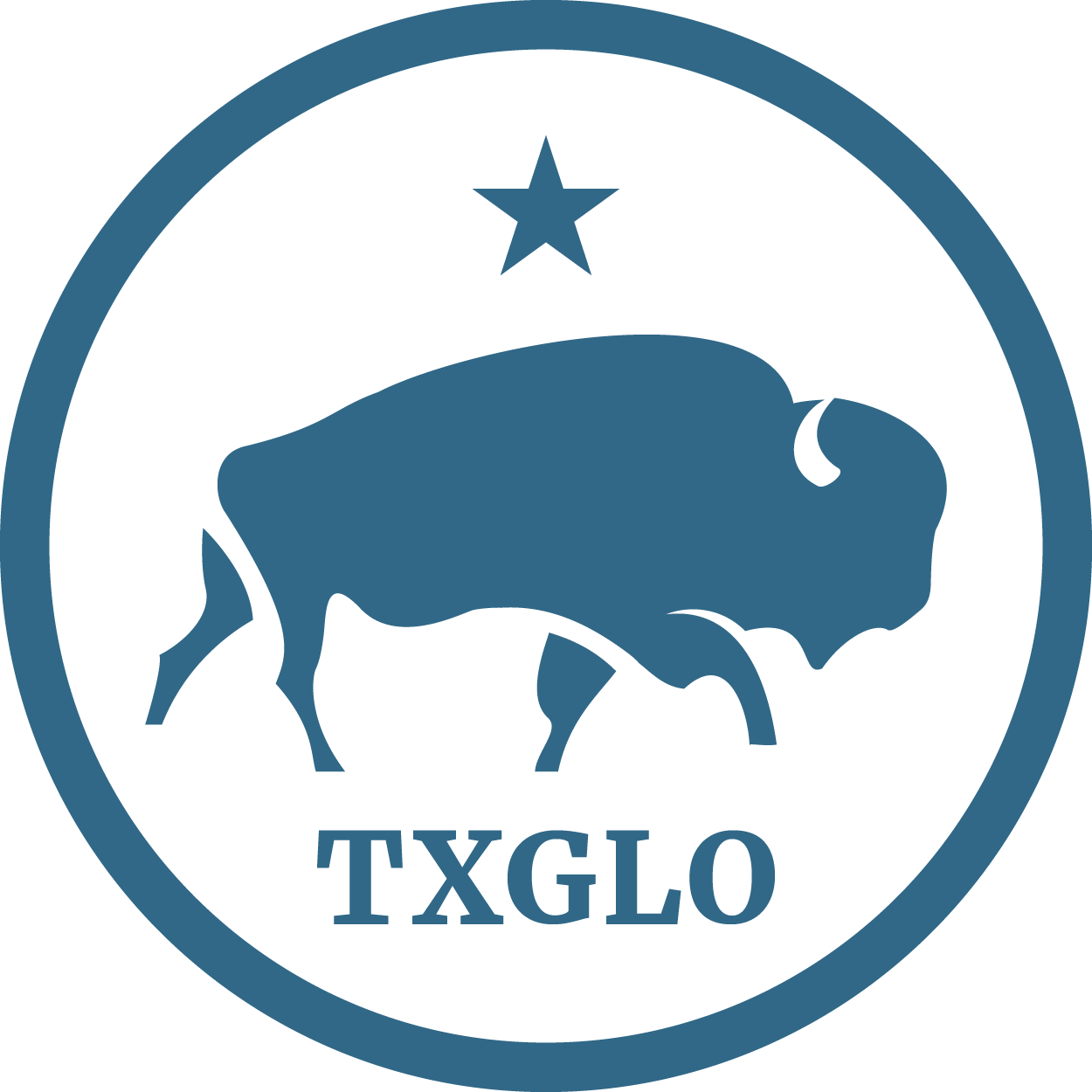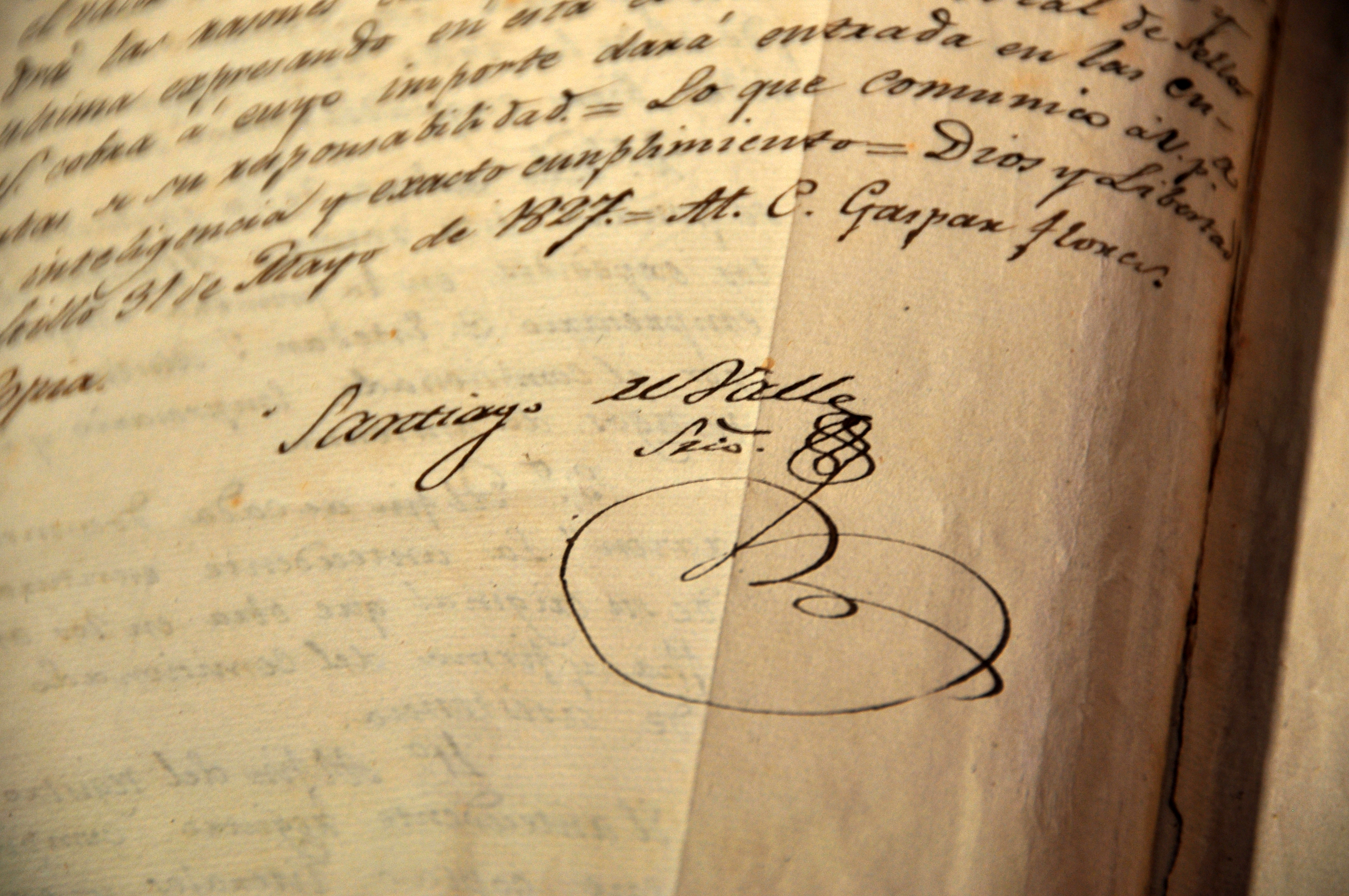Commissioner Dawn Buckingham Announces More than $49 Million in Newly Approved Disaster Recovery Reallocation Program (DRRP) Projects
AUSTIN – Today, Texas Land Commissioner Dawn Buckingham, M.D., announced the Texas General Land Office (GLO) approved $49,650,238 in Disaster Recovery Reallocation Program (DRRP) funds for infrastructure projects in the cities of Ames, Baytown, Cleveland, Daisetta, Dayton, Jasper, Kirbyville, Palmview, and Pasadena. The DRRP is designed to utilize de-obligated and unutilized Community Development Block Grant for Disaster Recovery (CDBG-DR) funds to support communities with outstanding unmet needs from federally declared disasters. These funds are allocated through the U.S. Department of Housing and Urban Development (HUD) and must adhere to federal deadlines and policy requirements.
"Texas gets more than its share of disasters, and the GLO works diligently with local leaders to prioritize the projects to best protect our communities," said Commissioner Buckingham. "These disaster recovery funds represent more than just dollars; they represent a commitment to recovery, resilience, and the future. The GLO is proud to utilize every available resource toward rebuilding communities, restoring hope, and reinforcing the foundations of neighborhoods across Texas. We will not rest until every community has the opportunity to come back stronger."
|
Grantee |
Project Title |
County |
Amount |
|
Hurricane Harvey |
|||
| City of Ames |
Baker Circle Street Improvements |
Liberty |
$1,909,091 |
| City of Ames |
Tebo Street Drainage Improvements |
Liberty |
$772,727 |
| City of Baytown |
West Baytown Drainage Improvements |
Harris |
$5,000,000 |
| City of Baytown |
Market Street & Drainage Improvements |
Harris |
$15,000,000 |
| City of Cleveland |
Wastewater Treatment Plant Improvements |
Liberty |
$2,400,000 |
| City of Cleveland |
Water Plant and Well Generators |
Liberty |
$1,100,000 |
| City of Cleveland |
Helen St. Flood and Drainage Improvements |
Liberty |
$1,000,000 |
| City of Dayton |
Colbert St. Street Improvements |
Liberty |
$2,738,983 |
| City of Dayton |
Austin St. Street Improvements |
Liberty |
$1,942,437 |
| City of Jasper |
Citywide Sewer Improvements |
Jasper |
$2,275,000 |
| City of Kirbyville |
Citywide Sanitary Sewer Improvements |
Jasper |
$500,000 |
| City of Kirbyville |
Citywide Sewer Improvements |
Jasper |
$1,500,000 |
| City of Pasadena |
Wastewater Treatment Plant Improvements |
Harris |
$9,000,000 |
|
2019 Disasters |
|||
| City of Daisetta |
Citywide Street Improvements |
Liberty |
$1,087,000 |
| City of Palmview |
East Goodwin Street Improvements |
Hidalgo |
$875,000 |
| City of Palmview |
East Tierra Linda Drainage Improvements |
Hidalgo |
$2,000,000 |
| City of Palmview |
West Tierra Linda Drainage Improvements |
Hidalgo |
$550,000 |
| Total Approved |
$49,650,238 |
||
For more detailed project descriptions, please visit the Disaster Recovery Reallocation Program (DRRP) webpage and click on “Approved DRRP Projects Descriptions” in the drop down menu under DRRP Overview and Guidance.
Texas GLO Disaster Recovery Reallocation Program (DRRP) Background:
The GLO is administering the funds allocated by the U.S. Department of Housing and Urban Development (HUD) through the Community Development Block Grant Disaster Recovery (CDBG-DR) program. HUD set deadlines for the expenditure and close out of the CDBG-DR grants. The GLO amended and HUD approved state action plans for the Hurricanes Ike and Dolly (2008), 2015 Floods, 2016 Floods, Hurricane Harvey (2017), 2018 South Texas Floods, and 2019 Disasters grants. Each includes the new Disaster Recovery Reallocation Program (DRRP), which allows the GLO to utilize de-obligated and unutilized funds within each action plan.
Combined these six programs yielded approximately $140 million in available funds; however, the GLO received more than $1.4 billion in project submissions. Each approved project underwent eligibility analysis based on the grant used to fund it. As funds continue to be identified through the deobligation process, the remaining funds will be reallocated to this program for each grant.
Failure to complete the projects and finalize HUD’s closeout process will result in HUD initiating the recapture process, which means any funds used towards incomplete projects must be repaid to HUD. Due to the gravity of the deadlines, the GLO can only consider projects that can be completed in enough time to allow for the close out process.
For more information or to submit projects, please visit recovery.texas.gov/DRRP. The action plans outlining the scoring criteria are available at recovery.texas.gov/action-plans.








